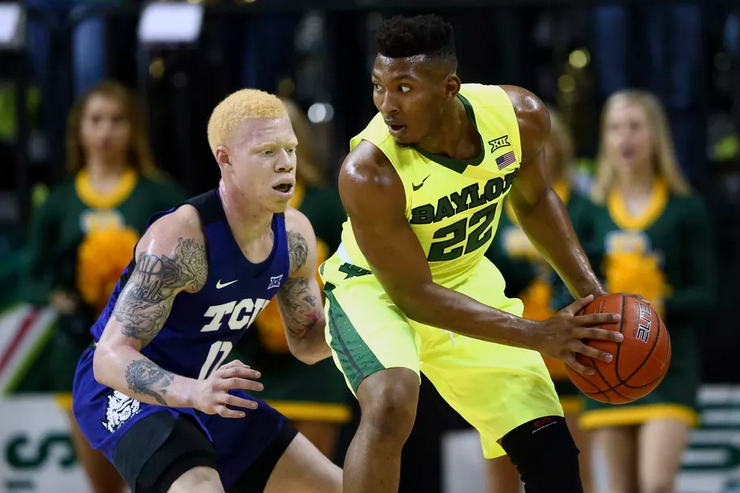 The 9th Circuit Court of Appeals has ruled that the California Gambling Control Commission must pay back $36.2 million to the Pauma Band of Mission Indians.
The 9th Circuit Court of Appeals has ruled that the California Gambling Control Commission must pay back $36.2 million to the Pauma Band of Mission Indians.
Back in 1999, the Pauma Band of Mission Indians together with more than sixty other tribes signed a compact with the State of California allowing them to provide Class III gambling facilities in the tribe´s casino off state Route 76 in Pauma Valley.
The compact contained a complex formula that limited the number of licenses available statewide and, in 2003, the California Gambling Control Commission told the tribes that the collective license pool had been exhausted. Consequently the Pauma Tribe only received 200 of its requested 750 licenses.
When, in 2004, the tribe wanted to increase the number of licenses to operate up to 2,000 slot machines, the cost of the new licenses was 2,460 percent more expensive than was quoted in the original compact.
Because of the renegotiated compact, the Pauma Tribe have been paying the state of California $7.75 million each year, whereas under the terms of the original compact, it should have been paying $315,000 annually for its 1,050 slot machines.
Revealed – The Gambling Control Commission Can´t Count
However, what was not revealed to the Pauma Band of Mission Indians at the time their compact was renegotiated was that the Gambling Control Commission had miscalculated the number of licenses that were originally available in 1999.
Whereas the 1999 compact allowed for 40,201 licenses, the Gambling Control Commission – using its own formula – miscalculated that only 32,151 licenses were available. In essence the Pauma Tribe could have had its original licensing request fulfilled and received extra licenses at the original cost had it not been for a misrepresentation of the facts.
Understandably, the Pauma Band of Mission Indians were pretty unhappy about being hoodwinked by the state, and filed a lawsuit demanding the return of the license fees the tribe had overpaid. Incredibly the Gambling Control Commission contested the claim and the case went to court in 2013 – where U.S. District Judge Cathy Ann Bencivengo found in the tribe´s favor.
Judge Bencivengo ruled that not only should the Pauma Tribe receive $36.2 million for the money it had overpaid to the state, but that future license payments until 2022 should be at the rate agreed in the 1999 compact – saving the tribe a further $65 million. Even more incredibly, the California Gambling Control Commission appealed Judge Bencivengo´s decision!
Appeal Court Upholds Misrepresentation Claim
Yesterday, a three-judge panel at the 9th Circuit Court of Appeals upheld Judge Bencivengo´s decision – ruling in their written verdict that “the state misrepresented an existing fact to the tribes – including the Pauma – that no further licenses were available when, in fact, there were 8,500 more licenses under the correct interpretation of the formula.”
Circuit Judge Richard Tallman commented that because of the misrepresentation, the Appeal Court was affirming the 2013 decision to award $36.2 million to the Pauma Tribe and to maintain payments to the state at the rate of $315,000 per year – a decision which was welcomed by the tribe´s attorney Cheryl Williams as “a momentous one with far-reaching impacts for all tribes”.
In fact, the implications of the decision could have more far-reaching consequences for the California Gambling Control Commission. The Commission – whose website claims it is “fostering the integrity of gaming in California” – is already reeling from two major scandals regarding profit skimming at a San Jose cardroom and an improper relationship between the Commission´s members and members of the Bureau of Gambling Control.
This latest kick in the shins for the integrity of gaming in California – and the Commission´s stubborn refusal to admit that it was wrong – not only smacks of deceit, but also of incompetence. Advocates of regulated online poker in California might want to take a minute to consider whether the involvement of the Californian Gambling Control Commission would be in the best interests of online poker players – if legislation is ever passed.




